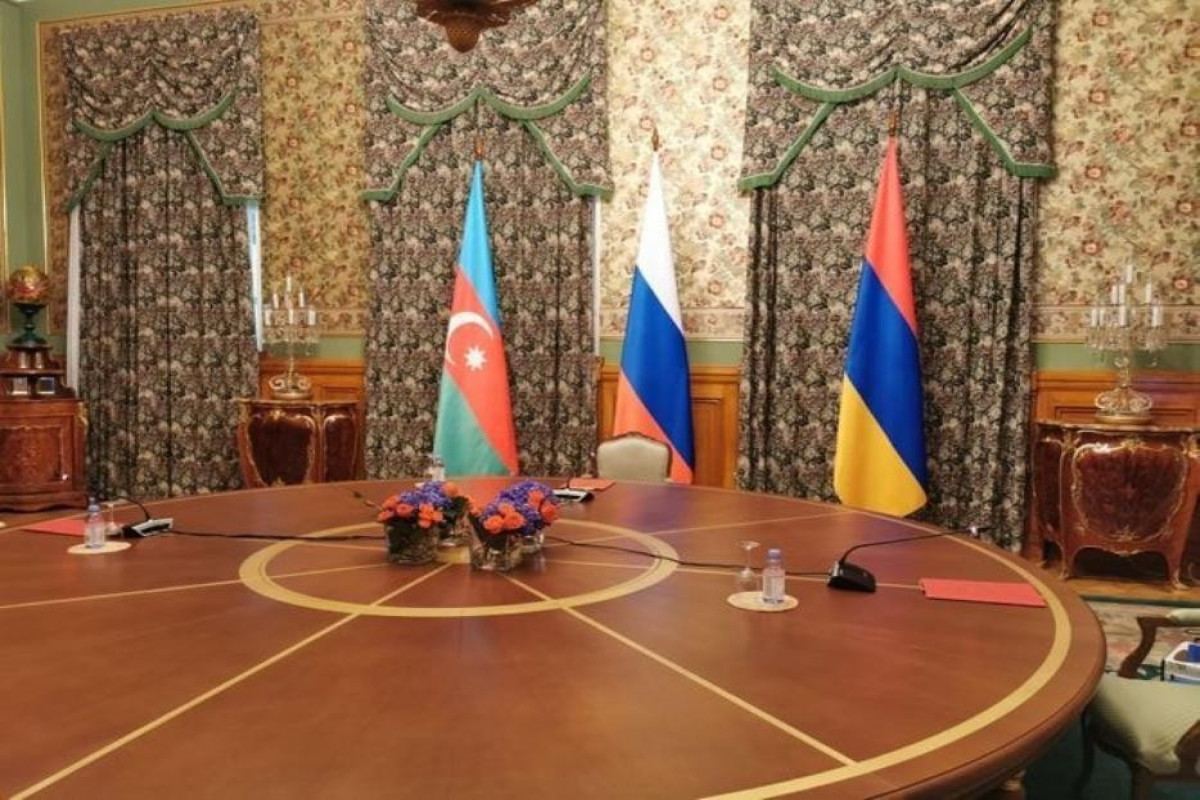"Armenia distancing from Russia could benefit Azerbaijan." Baku perspective
Armenian distancing from Russia
Armenia‘s geopolitical maneuvers, notably its recent distancing from Russia, have sparked serious debates about the consequences for the South Caucasus region, especially amid ongoing peace talks between Armenia and Azerbaijan.
Despite Armenian prime minister Nikol Pashinyan‘s affirmation of the importance of Armenian-Russian relations, recent events suggest a departure from traditional alliances towards closer ties with the West. This shift raises questions about potential threats to regional stability and the peace process.
- Do we need Russian peacekeepers? Debates spark in Azerbaijan
- South Caucasus “Brussels conspiracy” and Azerbaijan-Turkey tandem: A view from Baku
- How NATO shows interest in the South Caucasus
Prime minister Pashinyan’s pursuit of closer ties with the West was underscored during his recent meeting in Brussels, where the European Union and the United States pledged significant assistance to Armenia. The promise of $356 million in aid responds to Armenia’s strategic moves to reduce its economic dependence on Russia, highlighted by its reliance on Russian markets and the presence of a Russian military base on its territory. While this reorientation aims to diversify Armenia’s economy, it also reflects a desire for greater autonomy from Moscow.
Armenia’s distancing from Russia could potentially benefit Azerbaijan, according to Elkhan Shahinoglu, director of the Atlas Research Center. He suggests that the presence of Russian military facilities in Armenia may become unnecessary in the event of normalization of relations between Armenia and Azerbaijan.
Furthermore, Shahinoglu asserts that both Armenia and Azerbaijan are skeptical of Russia’s mediation efforts in the peace process, preferring alternative mediators such as Germany.
Indeed, recent initiatives, including the meeting between Azerbaijani president Ilham Aliyev and Armenian prime minister Nikol Pashinyan in Munich, mediated by German chancellor Olaf Scholz, indicate a shift in the dynamics of regional diplomacy.
Political analyst Nasimi Mamedli believes that Azerbaijani-Armenian relations should not be dictated solely by Russia’s interests. He advocates for a peaceful agreement that minimizes Russia’s role, emphasizing direct negotiations between the leaders of the two countries.
However, despite the desire to reduce Russia’s influence in the region, concerns remain about the potential consequences of strained relations with Moscow. Mamedli warns of the dangers associated with Russia’s aggressive actions, drawing parallels with its intervention in Ukraine. Despite Russia’s self-proclaimed role as an effective mediator in the South Caucasus, skepticism persists among regional players, and Azerbaijani officials cautiously but optimistically assess their relations with Moscow.
In response to Armenia’s flirtation with the West, the Russian Foreign Ministry hinted at possible disruptions to stability in the region. Maria Zakharova, the ministry’s official spokesperson, emphasized Russia’s historical role as a stabilizing force in the South Caucasus, warning against Western interference.
While the Russian embassy in Azerbaijan declined to comment, Azerbaijani officials confirmed the importance of their country’s allied relationship with Russia, as evidenced by the “Declaration on Allied Interaction” signed two years ago.
To sum up, Armenia’s distancing from Russia holds importance for regional dynamics, particularly amidst the prolonged conflict with Azerbaijan. Despite efforts to diversify alliances and reduce Russia’s influence, concerns remain regarding potential destabilization. Additionally, the effectiveness of alternative mediators raises questions.




















